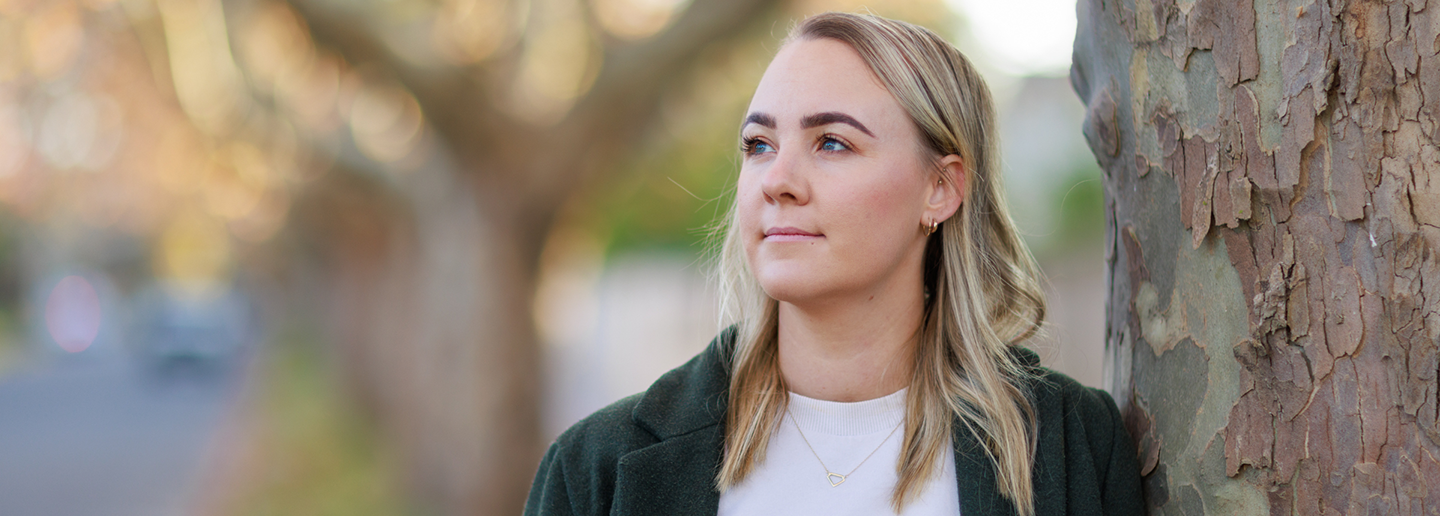About the types of depression
Everyone experiences depression differently. However, there are different types of depression that have particular symptoms. They may also appear at different times. For example, postnatal depression appears around childbirth, while seasonal affective disorder appears during winter.
Some are talked about more often than others. You might have heard of clinical depression and bipolar. Types such as cyclothymic disorder and dysthymic disorder aren’t mentioned as often.
Sometimes we use different names for the same type of depression. For example, clinical depression is also called major depressive disorder.
Major depression
Also known as: clinical depression, depression, unipolar depression.
Major depression is when you feel sad, down or miserable most of the time. You might also lose interest in things you usually enjoy.
Types of major depression include melancholia, psychotic and antenatal or postnatal. You may be diagnosed with mild, moderate or severe depression.
Your mental health professional may diagnose you with depression if these symptoms:
happen most days
last for at least two weeks
impact on many areas of your life, including work and social relationships.
Melancholia
Melancholia is severe depression which often has physical symptoms. You might:
move more slowly
feel sad, down or miserable
be completely unable to enjoy anything.
Psychotic depression
Sometimes depression can include losing touch with reality or experiencing psychosis.
Symptoms of psychotic depression can include hallucinations, delusions and paranoia.
Hallucinations
You might see or hear things that aren't there.
Delusions
A delusion is a false belief that isn’t shared by others. For example, you might believe that you’re:
bad or evil
being watched or followed.
Paranoia
If you feel paranoid you might:
feel like everyone is against you
believe that other people have made you ill or caused bad things to happen
Antenatal and postnatal depression
Your risk of developing depression is higher during pregnancy and in the first year after childbirth. During pregnancy around 10 per cent of women experience depression. In the first three months after having a baby this increases to 16 per cent.
Depression which develops during pregnancy and after childbirth has a few different names:
antenatal or prenatal depression – depression during pregnancy
postnatal depression - depression in the year after childbirth
perinatal depression – any time during pregnancy or in the year after childbirth.
Dysthymic disorder
Bipolar disorder
Mania
Feeling manic is the opposite of feeling depressed. In a period of mania you might:
feel great
have lots of energy (and not sleep much)
have racing thoughts and talk quickly
find it hard to focus on tasks
feel frustrated and irritable.
Some people with bipolar can lose touch with reality and have an episode of psychosis during a period of mania. Psychosis can involve hallucinations, delusions and paranoia.
Cyclothymic disorder
Seasonal affective disorder (SAD)
SAD is a mood disorder that has a seasonal pattern. The most common type of SAD is when you feel depressed in the winter and better in the lighter and warmer months.
When you feel depressed and have SAD you’re more likely to:
experience a lack of energy
sleep too much
overeat and gain weight
crave for carbohydrates.
SAD is thought to be related to the variation in light exposure in different seasons. It's usually diagnosed after you’ve had the same symptoms during winter for a couple of years.
SAD is very rare in Australia. It’s more likely to affect people in countries with shorter days and longer periods of darkness.







